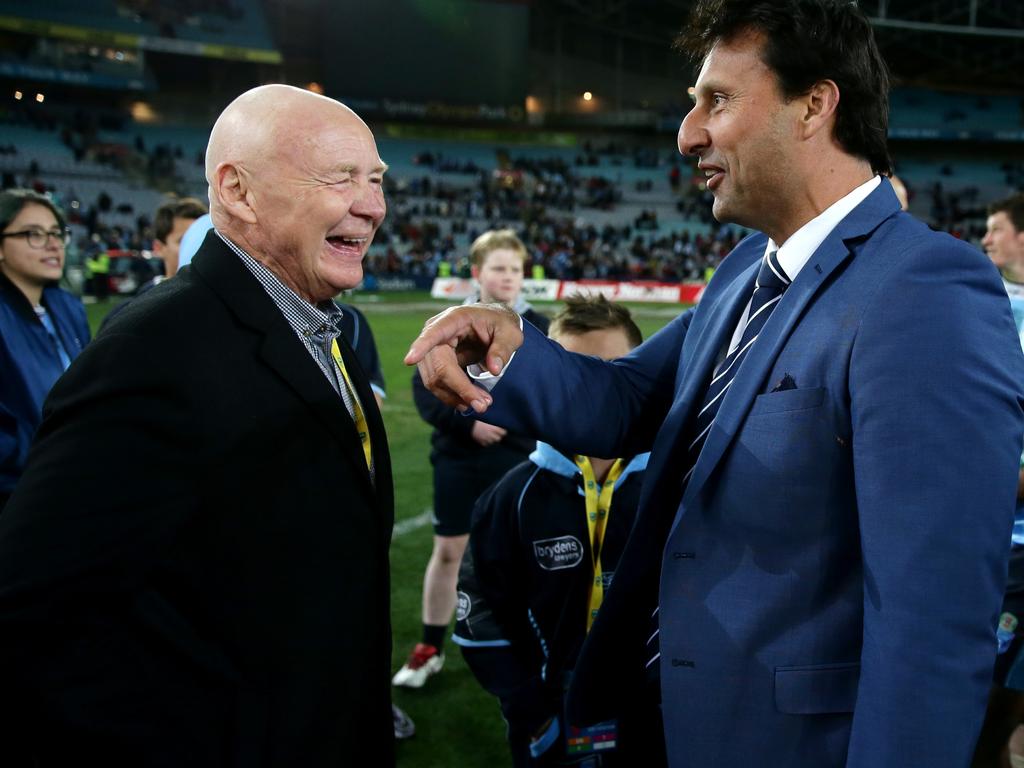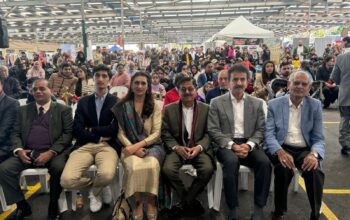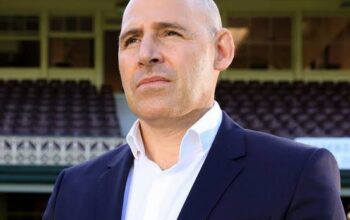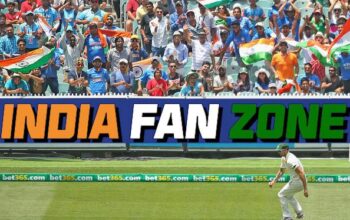NRL world in mourning after death of rugby league Immortal Bob Fulton aged 73
The NRL world is in mourning after the death of rugby league Immortal Bob Fulton at the age of 73, following a long battle with cancer.
Fulton was selected as one of the initial four post-war league Immortals in 1985 and was named in Australia’s team of the century in 2008 after a stellar career.
The Manly legend’s death has rocked the rugby league world, where he was a beloved figure.
Following his retirement from playing and coaching, Fulton had been a staple in 2GB’s Continuous Call Team alongside NRL commentator Ray Hadley.
“It’s a very sad day for the family and rugby league in general,” a heartbroken Hadley told 2GB Radio after Fulton’s death.
“This is the saddest thing I’ve ever said on radio. I’m going to miss him, he was a great man … the most loyal friend I’ve ever had. He’ll be sadly missed.”

Fulton’s former Continuous Call Team partner and Australian Test prop Steve Roach also paid an emotional tribute.
“I’m devastated. I feel so privileged to have worked with him, to be coached by him and to have shared so much with him. My hero,” Roach said in a message read out on 2GB.
Fulton is survived by his wife Anne, sons Scott and Brett and daughter Kristie.
Manly owner Scott Penn said that the Sea Eagles club was deeply saddened by Fulton’s passing.
“As the only person to both captain and coach the Sea Eagles to premierships, he will be forever remembered as one of our all-time greats,” Penn said.
“We are forever in Bob’s debt for his passion and determination to make the Sea Eagles the best in the league.
“We send all our love and support to Anne, Scott, Brett and Kristie at this difficult time.”

ARL Commission chairman Peter V’landys also paid tribute to Fulton, calling him a “true legend of our game”.
“The word legend is used a lot in tributes, but Bob was a genuine legend of rugby league,” V’landys said in an NRL statement.
“He was an original Immortal, a Kangaroo, a Blue and a club legend of Manly, winning three premierships as a player, including Man of the Match in the 1973 Grand Final.
“Bob will forever be part of rugby league’s DNA and our game is richer for having had Bob part of it.
“Today we’ve lost a giant of our game. On behalf of the Rugby League community I send our deepest condolences to Bob’s family.”

“It is sad day for the rugby league community – we have lost a true icon of Australian sport,” Rugby League Players’ association CEO, Clint Newton, said in a statement.
“Bob achieved significant success at every level of our game, establishing a foundation which created generational impact.
“The tremendous legacy as one of the game’s Immortals and profound contribution through his personal and professional investment in his players will continue beyond his passing.”
Fulton made 219 appearances for Manly as a player between 1966 and 1976, scoring 129 tries as he won three premierships in 1972, 1973 and 1976.
He single-handedly won the 1973 decider against Cronulla after scoring two tries to take his side to victory.

Fulton was also a star at the representative level, appearing in 35 Tests for Australia where he scored 25 tries, as well as making 16 appearances for New South Wales.
Following his retirement in 1979, Fulton embarked on a long and successful coaching career.
He began his coaching career with Eastern Suburbs in 1980, before coaching Manly in two separate stints between 1983 and 1999, where he won premierships in 1987 and 1996.
Fulton also took on the job as Australia’s coach in 1989, guiding the Kangaroos in 39 Tests. He was at the helm during successful 1990 and 1994 Kangaroos tours as well as winning the 1992 and 1995 World Cup Finals.
He remains one of two people alongside Mal Meninga to have gone on four Kangaroo tours, having toured as a player in 1973 and 1978 and the coach in 1990 and 1994.








